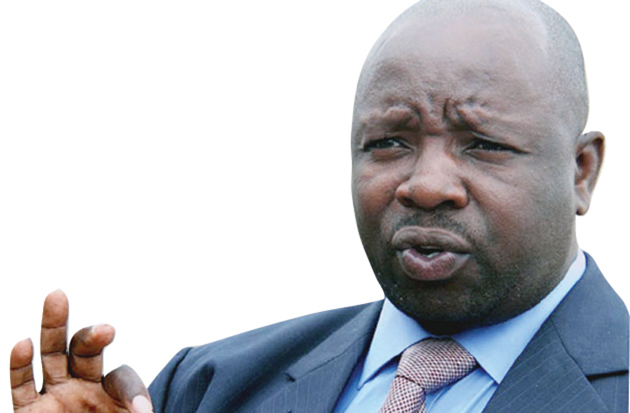Updated – ZBC licences legal: Concourt

Fidelis Munyoro Chief Court Reporter
The Constitutional Court has made a landmark ruling that the Zimbabwe Broadcasting Corporation has a legal right to demand licence fees from every citizen who is in possession of a gadget capable of receiving radio and television signals.
The apex court made the ruling yesterday in two cases by Bernard Wekare and Musangano Lodge challenging the constitutionality of certain provisions of the Broadcasting Services Act (Chapter 12;06) on funding of public broadcasting services.
Deputy Chief Justice Luke Malaba dismissed both applications on the grounds that it was clear the law obligated citizens to pay the fees as long as they were in possession of TV and radio signal receivers.
In collecting the licence fees, the court ruled, ZBC was exercising delegated power.
It also ruled that fixing and collection of the amount to be paid was an obligation imposed on ZBC by Parliament. By collecting the licence fees, ZBC was doing so on behalf of Parliament, the court said.
“When the ZBC and its appointed agents demand, in appropriate circumstances, production of a listener’s licence from a citizen, they are discharging a legal obligation,” said DCJ Malaba.
In both cases, Wekare and Musangano Lodge were seeking a declaration that the cited provisions of the Act infringed upon fundamental human rights enshrined in the relevant provision of the Constitution and was invalid.
Wekare and Musangano Lodge are facing criminal charges for contravening the Broadcasting Services Act.
In the case of Wekare, he was found in possession of a television set without a licence at his home. He was on July 5 2012 charged in a magistrate’s court for possession of a receiver without a licence.
The allegation was that being a listener in possession of a receiver, he failed to produce a valid licence in terms of a notice served on him in terms of Zimbabwe’s broadcasting laws.
He admitted the charge, but raised a defence that the provisions of the Act he was charged under were constitutionally invalid. He requested his case to be referred to the apex court to determine the constitutionality of the relevant provisions of the Act in a bid to escape conviction.
Musangano Lodge was arraigned before a magistrate’s court in Mutare facing similar charges and raised the same defence.
However, the full bench of the Constitutional Court held in each case that the provision of the Act being challenged did not contravene the fundamental human right enshrined in the relevant provision of the Constitution.
“Each provision of the Act is a legitimate exercise by the legislature of the Constitutional power vested in it in respect of the matters legislated upon,” said Deputy Chief Justice Malaba.
The provisions of the Act in question, said the judge, were valid.









Comments